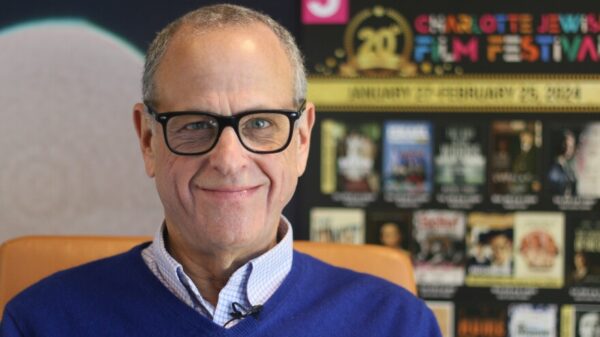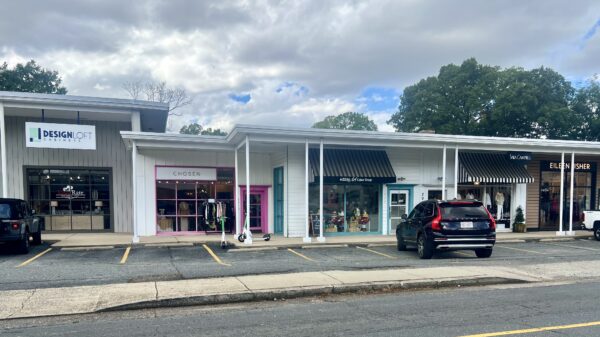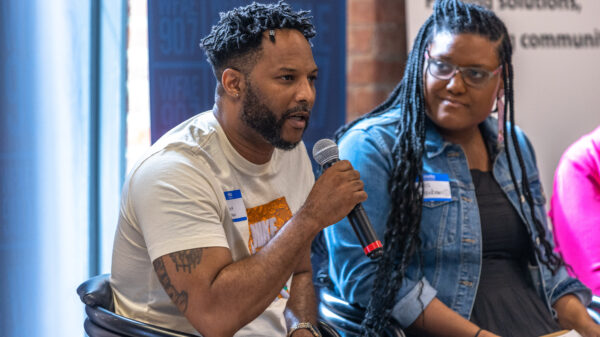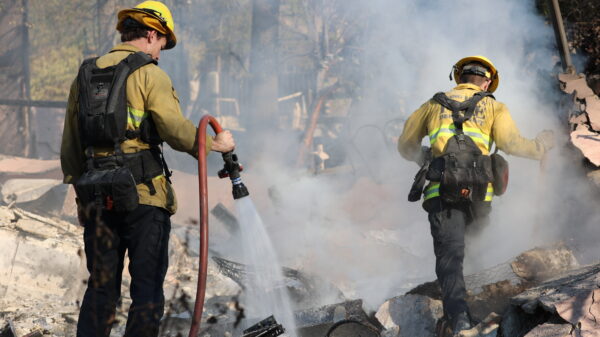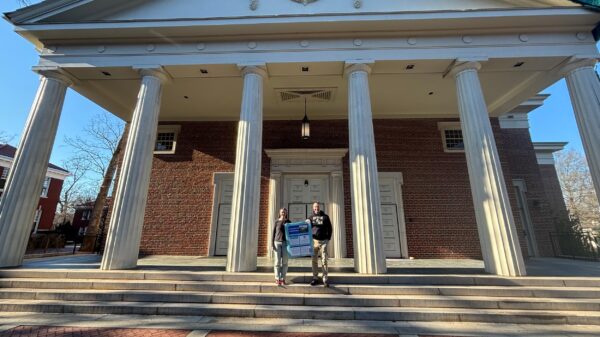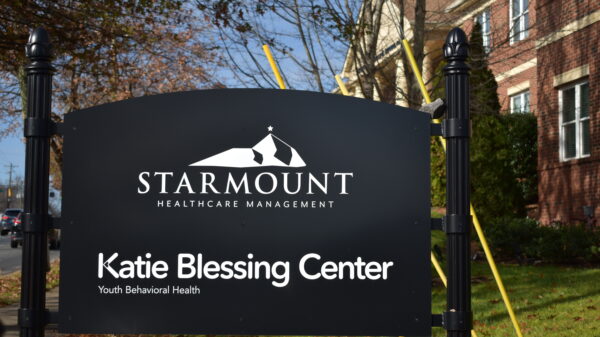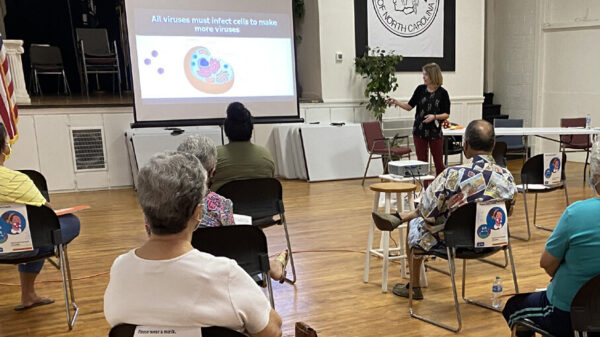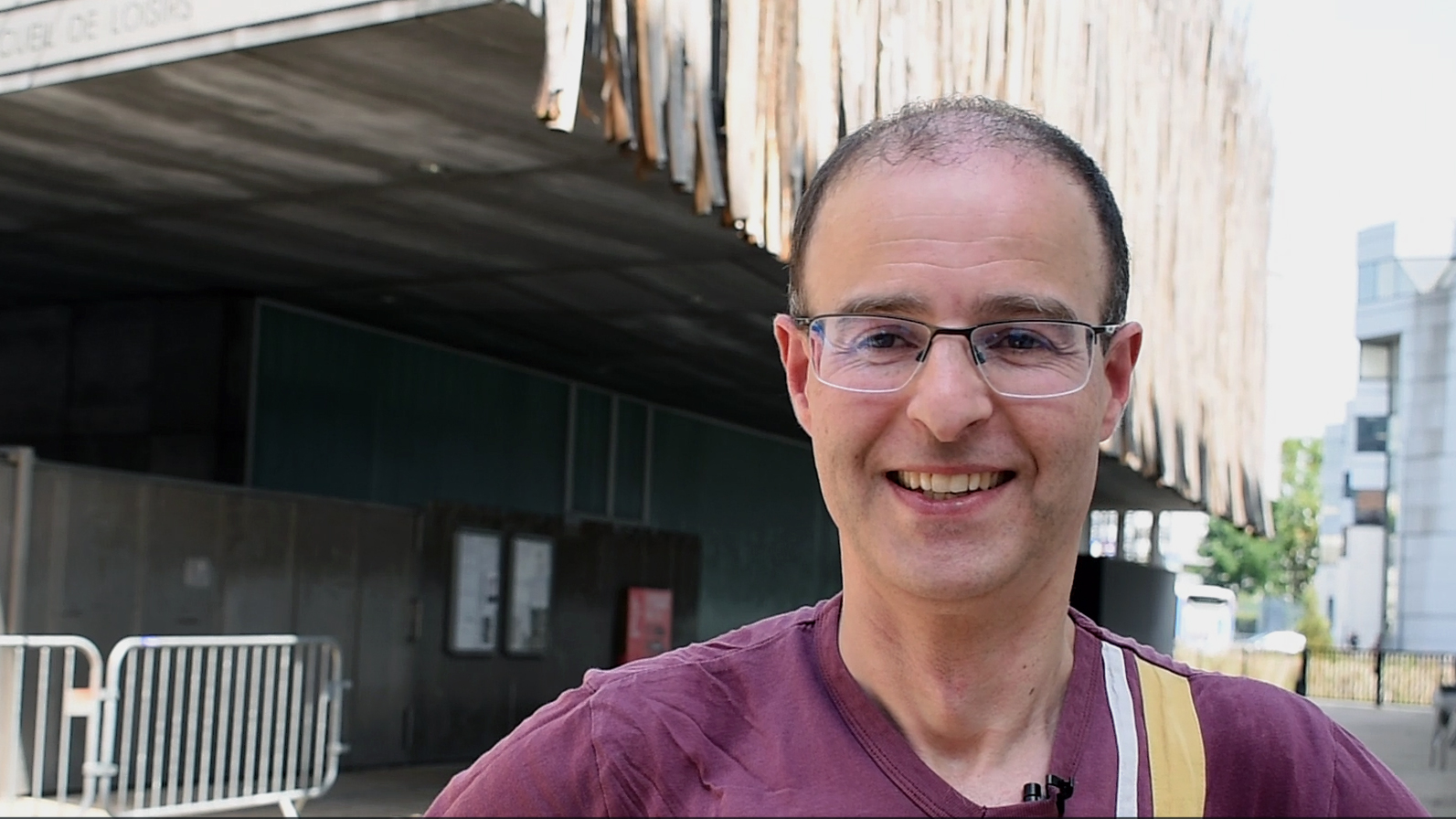As Paris geared up for the 2024 Olympic Games, the ambitious urban renewal plans for Saint-Denis, a northern suburb where 113,942 people live, sparked a mix of excitement and concern.
While government planners based in Paris hoped to transform the area and boost its infrastructure, local parents and leaders are worried about the potential long-term health impacts of rising pollution levels on children. These concerns highlight the complex balance between development and community well-being in the planning process for the Olympics.
Hamid Ouidir is a representative for the Federation of Parent Councils (FCPE). The FCPE 93 is the departmental council of parents and students in Seine-Saint-Denis. Similar to a Parent Teacher Student Organization in the United States, this organization is made up of 140,000 members who participate in school life to defend the interests of children and represent parents.
Hamid Ouidir expressed serious concerns about the construction of the Olympic Village in a densely populated urban area. “My whole life is disrupted. My life and the lives of my fellow citizens,” Oudir said. “There are police to help us cross the street.”
Ouidir emphasized the health risks posed to children by the new infrastructure. Their elementary school is now encircled by a highway, five freeway ramps, and a double roundabout.
“It’s just impossible,” Ouidir said. “We have 13,000 vehicles on one side, the elementary side, and 14,000 vehicles on the kindergarten side, 12 meters from the kindergarten’s facade. It’s inconceivable, neither here nor elsewhere.”
When Paris started preparing for the games, attention turned to the potential transformation of Saint-Denis, a suburb in the north of Paris where 113,942 people live. The area, characterized by multicultural communities and socioeconomic challenges, is at the center of a grand urban renewal plan. But local leaders like Hamid have spoken up about daily life disruption and health concerns, including the impact of pollution on schoolchildren.
Concerns from the Community
Despite optimistic projections by officials, many residents of Saint-Denis are apprehensive. There are fears that the development boom could lead to rising housing prices and intensify existing health concerns. Local leaders, like Hamid Ouidir, have been vocal about these issues.
“You get on the subway, it’s already full,” Ouidir said. “So at some point, between the thousands and millions of people coming to France for the Olympic Games, and the people who work, who go shopping, who go for a walk, actually don’t have a place. We realize that public transport is very small to accommodate the crowd.”
Ouidir pointed to evidence about health risks posed to children by the new infrastructure.
An article by the World Health Organization shared the steps to minimize children’s exposure to polluted air. Schools and playgrounds should be located away from major sources of air pollution like busy roads, factories and power plants.
Ouidir explained that children breathe faster compared to adults. Children are closer to the ground, which means the fine pollutants impact the children more because they are closer to the ground. Fine pollution is heavy and children experience more vulnerability to air pollution than adults because kids are a bit smaller and breathe a bit faster. This pollution causes an alteration in the development of the child’s lungs.

“We know children in Pleyel who go to the hospital once a month because they have so many attacks that they need to be put on a ventilator with antibiotics – but antibiotics at an adult dosage,” said Ouidir.
The Promise of Olympic Development
Research by the Institut Montaigne, a public policy think tank based in Paris, indicates Saint-Denis has been a target for government development since 1977. The outlined plan aims to increase government credibility, foster discussion on employment and education, maximize the impact of major construction projects, and implement a digital revolution in Saint-Denis.
The report said incorporating digital teaching methods, developing an e-administration, and optimizing data use for public policies are important because 11 out of 40 communes that make up this department have an unemployment rate of over 20%. For the rest of the country, unemployment only stood at 8.1% in the fourth quarter of 2019.
More than 20 billion euros have been earmarked for this project.
An article reported by the New York Times summarized that urban renewal projects often seek to reshape neighborhoods completely rather than just enhance the lives of current residents. While the goals are ambitious, they are welcomed by Mayor Karim Bouamrane of Saint Ouen.
Seine-Saint-Denis is the poorest department in France, chronically under-resourced in terms of public services and sports infrastructure, with difficulties in giving hope to new generations, said Bouamrane, and the Olympics strengthen residents’ ability to nurture that hope.
Shnaëlha Geffrard, a student from ESSCA School of Business in France, spoke on her concerns around the Olympic games regarding pollution.
“It’s sad because, the people who are in charge of the Olympic games don’t listen to the residents, they are the first that are impacted by the Olympics, and Parisians are trying to make their voice heard,” Geffrard said. “But the government does not listen or care. Especially the Olympic village that was built, they did a whole bunch of things around the city and built a road around schools and the pollution is very dangerous for children.”
Evaluating the Impact on Saint-Denis
Andrew Zimbalist, an economist at Smith College in the United States has collaborated on many analyses of the economic consequences of the Olympic Games.
Zimbalist explained that to be developed enough to successfully host the Olympic Games, the city must have a significant amount of transportation, housing and hospitality resources, security, and telecommunications infrastructure. It is much easier to build out these new infrastructures in underdeveloped and cheaper parts of the city, he said.
“It’s usually easier to do all of this construction in areas of the city that are less developed and have more empty space or available space or cheaper space, then the more developed parts of the city,” Zimbalist said. “So you go out to the suburbs like Santorini or you go out in the case of Rio de Janeiro, you go to a place south of the city that’s called Barra Da Tijuca. And, or in London, you go out to West London…. You go out to somewhat removed areas. You don’t build the Olympics by the Big Ben tower by Westminster Abbey, you’ll build it where there’s space. And so these are, generally speaking, they’re underdeveloped or less-developed regions within a developed city or developing city.”
Zimbalist said there needs to be grocery stores, schools, police protection, medical clinics, to support a fully developed and functional community. He noted that Paris Mayor Anne Hidalgo has been conscious of these needs.
“You have to reinsert your local political organization to do proper planning around these issues,” Zimbalist said. “And it’s not an easy matter. It’s certainly possible. But you need to have political commitment to do that. And many, many places don’t have it. I think that Mayor Hidalgo has been pretty in tune with those needs. Whether or not she’s able to implement the proper strategy or not remains to be seen.”
The Way Forward
Ouidir enjoys sports.
“I’m not against the Olympics,” Ouidir said. “I’ve said it, I’ll say it again. I do sports myself. I want the Olympics to have a charter. And a way to look at where they are setting up. When the Olympics come here, the IOC needs to be responsible for each one of us.
“There are children in danger and that is why I am doing this,” Ouidir said. “And if I don’t do it, maybe others who will come won’t have the opportunity to do it. I have children, and they can’t protect themselves, they can’t stick up for themselves. They are little and someone has to stick up for them.”
Elisabeth DeWarren of the ESSCA School of Management in France also contributed to the story.

Eleanor Williamson
Reporter

Isaiah Dennis
Reporter

Nicole Casarrubias
Reporter

